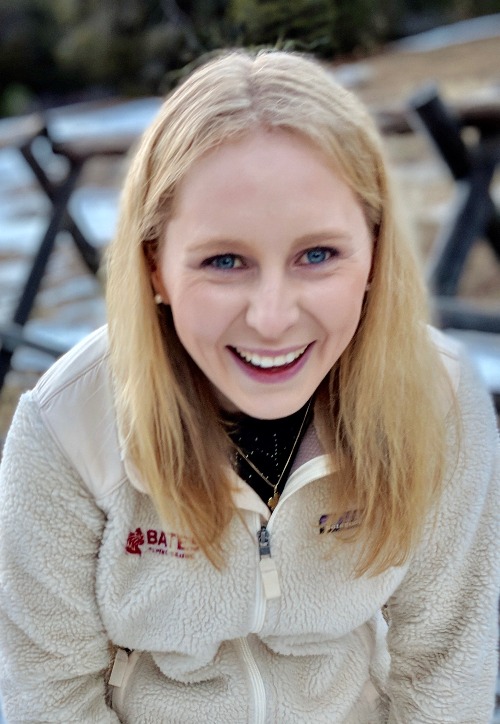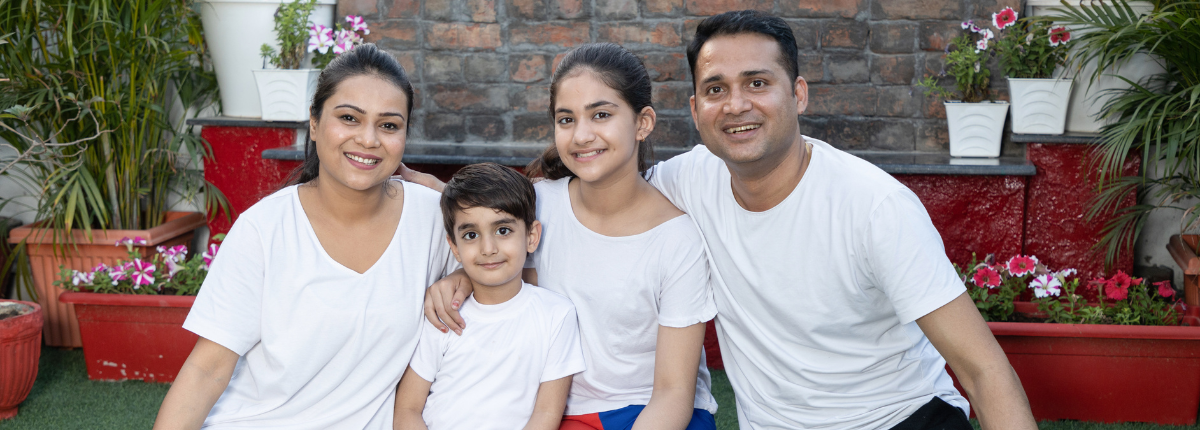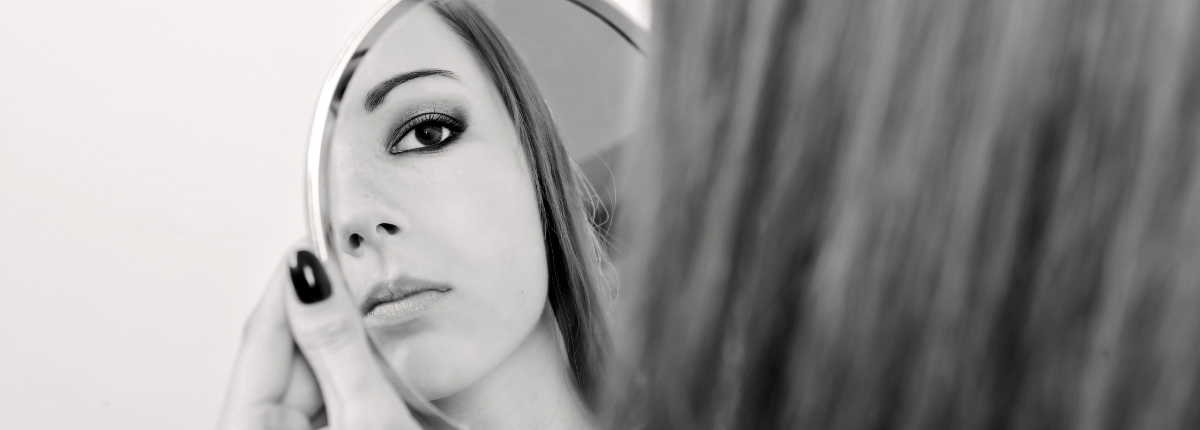Not long ago, I was sitting in a hospital room by myself wondering how I had once again let myself end up in the situation I was in. It definitely wasn’t my first “rodeo” with anorexia nervosa. You see, I knew what was going to happen. I knew where restriction led me, yet somehow my pattern of behaviors kept repeating themselves.
It was during this short admission that I started to question why I was still sick and why I wasn’t getting better.
I had always felt that something was amiss in my life, even during eating disorder treatment. There was this overarching issue that I knew was there, but couldn’t put words to. I knew that “it” was the reason I was still sick. So I began to research the behavior pattern I was experiencing and the events that led up to my behaviors to see if I could figure something out.
That was when I came across the term, Asperger Syndrome, a form of verbal, high-functioning autism. I next Googled “Asperger’s in girls” and what I found was astonishing. High-functioning autism in girls isn’t simply “calorie Asperger’s.” It’s actually much more than that.
Through my own research, I found a list of symptoms, traits, and behaviors that fit my whole life almost to a T. My mind flooded with relief. There was a name for it. A name to describe the experiences I had been having not only during my eating disorder, but throughout my whole life.
At the same time I was reading this, I was puzzled. I had seen many doctors, psychologists, and psychiatrists because of my eating disorder over the previous four years. So why had no one caught this? Why had no one yet diagnosed me with an autism spectrum disorder (ASD)?
After self-referring to my hospital’s autism clinic to confirm the diagnosis, I discovered that the overlap between autism and anorexia is quite large. In fact, due to the restrictive and repetitive patterns of behavior, resistance to change, obsessive thoughts, and excellent attention to detail that are present in both disorders, it can be easy for one to mask the other. Even throughout my diagnostic testing for autism, it was hard for the psychiatrist to differentiate what was autism and what was anorexia.
However, the differentiations were made, and I received my ASD diagnosis at 22 years old. This is much later than most ASDs are diagnosed and much later than my own symptoms first started appearing at age one or two.
Getting the diagnosis was a relief. For the first time, everything made sense. I was even able to finish a memoir I had started years earlier about the experiences I had with both anorexia and Asperger’s called My Perfect Emotionless World.
My treatment team altered my treatment to also address some of the issues I faced because of my autism and not just the anorexia. Almost instantly, my disordered thoughts started to fade away and I started to get better. Autism was the missing link to a large puzzle that had perplexed so many. Leaving the autism untreated had silently contributed to keeping me stuck in the grips of my eating disorder.
I hope that as the awareness of ASDs continues to increase, more professionals in the eating disorder community will become aware of the overlap between the two conditions and will be able to diagnose those who have both early on.
If you believe that you or someone you know may be on the autism spectrum, check out AANE to learn more.
For recovery resources and treatment options, please visit our resource center. If you or someone you know is struggling with an eating disorder, call ANAD’s Helpline at: (888) 375-7767 or the National Alliance of Eating Disorders Helpline at: (866) 662-1235.
If you are thinking about suicide, call or text the National Suicide Prevention Lifeline at 988. In crisis situations, text “NEDA” to 741741 to be connected with a trained volunteer from the Crisis Text Line.
For more on autism and eating disorders, please see:
- How Can Eating Disorders Professionals Better Serve the Autistic Community?
- 13 Ways Professionals in the Eating Disorders Field Can Better Support Autistic People
- “I Felt Like I Had to Be Perfect in Every Way”: ‘Autism in Love’ Star Lindsey Nebeker Opens Up About Her Eating Disorder Struggle
- The Icing on the Cake: Autism and Picky Eating
Savannah Ryder has a BBA in marketing from the University of Notre Dame Mendoza College of Business. While studying there, she successfully completed four years as an NCAA Division 1 athlete on the women’s rowing team, where she served as coxswain for the Irish at multiple championship level races. Today, Savannah is a student at Columbia University in the City of New York in the Graduate School of Architecture, Planning, and Preservation.






